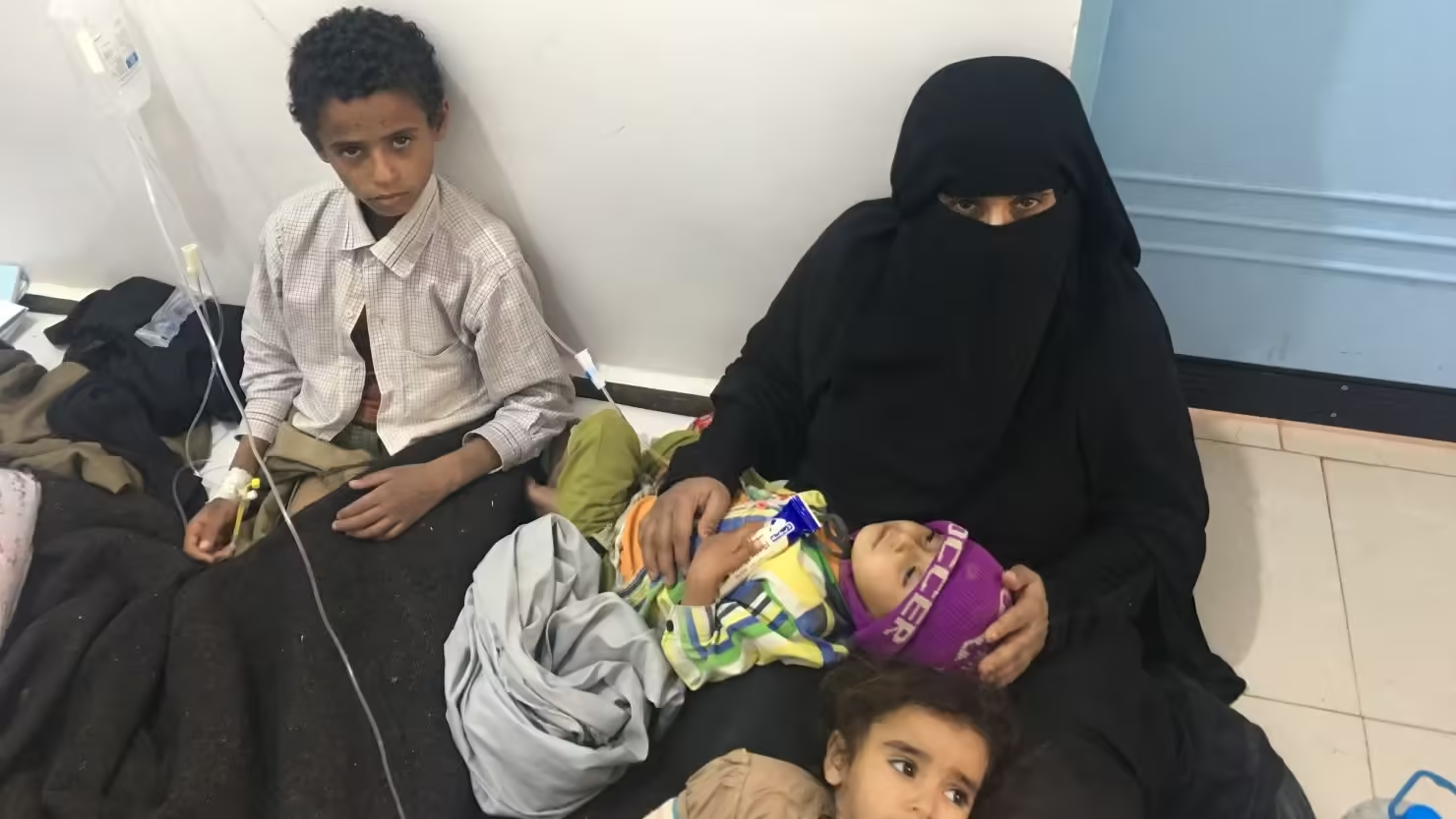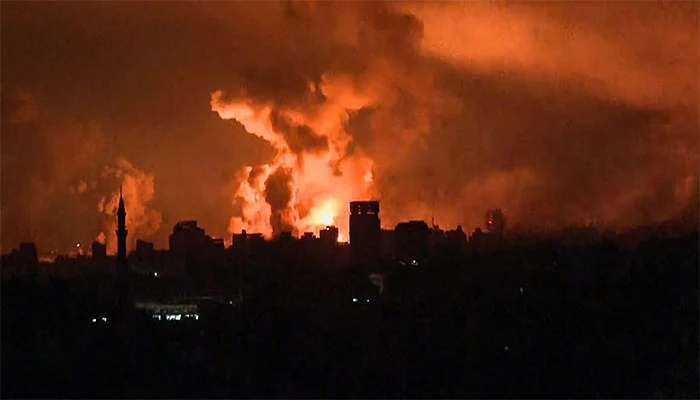Israeli Defense Minister Yisrael Katz has announced that Israel is swiftly working to establish a special institution for the voluntary evacuation of Gaza citizens. The statement, reported by Arab media, highlights ongoing efforts by Israel to facilitate the departure of Gaza residents through Ashdod Port and Ramon Airport.
This move comes amid escalating regional tensions, particularly concerning Israel’s military presence in Syria and Lebanon. Katz emphasized Israel’s firm stance on security matters, stating that Israeli forces will remain stationed in key strategic areas indefinitely.
Israel’s Evacuation Plan for Gaza
According to Katz, the evacuation initiative is being developed to provide Gaza residents with an opportunity to relocate voluntarily. While further details remain unclear, the proposal suggests that Ashdod Port and Ramon Airport will serve as designated exit points for those seeking to leave Gaza.
This announcement has sparked global debate, with critics questioning whether the move is truly voluntary or a forced displacement. Palestinian groups and international organizations have long raised concerns over Israeli policies in Gaza, fearing that such plans could lead to the permanent displacement of Palestinians from their homeland.
Israel’s Stance on Syria: No Trust in Syrian Leadership
In addition to Gaza-related developments, Katz also made strong remarks regarding Syria, declaring that Israel does not trust Syrian President Ahmed al-Sharaa. He emphasized that Israel only relies on its army for security and intends to ensure that southern Syria remains free of weapons.
Israel has repeatedly accused Syrian forces and Iran-backed militias of attempting to establish military strongholds near its borders. Katz confirmed that Israeli airstrikes have specifically targeted Syrian army positions in the southern region to prevent any violations of the demilitarized zone.
Israeli Military Presence in Syria and Lebanon
Katz reiterated that Israeli forces will continue their deployment in Syria’s Jabal al-Sheikh region indefinitely. He stressed that any military movements by the Syrian army in restricted areas would be met with an immediate response.
Additionally, he noted that there is no time limit for Israeli troops stationed in the buffer zone in Lebanon. This statement aligns with Israel’s broader security strategy of maintaining a strong military presence along its northern borders.
US Support for Israeli Troop Deployment in Lebanon
Katz further revealed that the United States has given its approval for Israeli military operations within Lebanon’s buffer zone. This statement indicates that Washington is aligned with Israel’s regional security objectives, despite growing international criticism of Israeli military actions in Gaza and neighboring countries.
What This Means for the Region
Israel’s firm stance on Gaza, Syria, and Lebanon reflects its aggressive approach to national security. However, the evacuation plan for Gaza citizens is likely to face major international scrutiny, especially from organizations advocating for Palestinian rights.
The situation in southern Syria and Lebanon also remains volatile. Israeli airstrikes and military presence in disputed regions continue to fuel tensions with Syria, Hezbollah, and Iran-backed forces. If conflicts escalate, the risk of a larger regional confrontation could increase.
International Reactions and Concerns
The Arab League, United Nations, and humanitarian groups have yet to issue official statements on Israel’s evacuation plan for Gaza. However, past international reactions suggest that any move that could displace Palestinian citizens will likely be met with strong opposition.
Meanwhile, Lebanon and Syria have consistently condemned Israeli military interventions in their territories, viewing them as violations of their sovereignty. The latest statements from Katz may further strain relations in an already unstable Middle East.
A Region on Edge
Israel’s recent announcements regarding Gaza, Syria, and Lebanon underline its determination to control regional security dynamics. While the voluntary evacuation plan for Gaza is presented as a humanitarian effort, it raises concerns about forced displacement and long-term territorial shifts.
At the same time, Israel’s continued military operations in Syria and Lebanon signal that the country is unwilling to compromise on security matters. With the US backing Israeli military actions, tensions in the region remain high, and the possibility of further conflicts cannot be ruled out.
The coming weeks will be crucial in determining how the international community, Arab nations, and Palestinian leadership respond to Israel’s latest moves.



